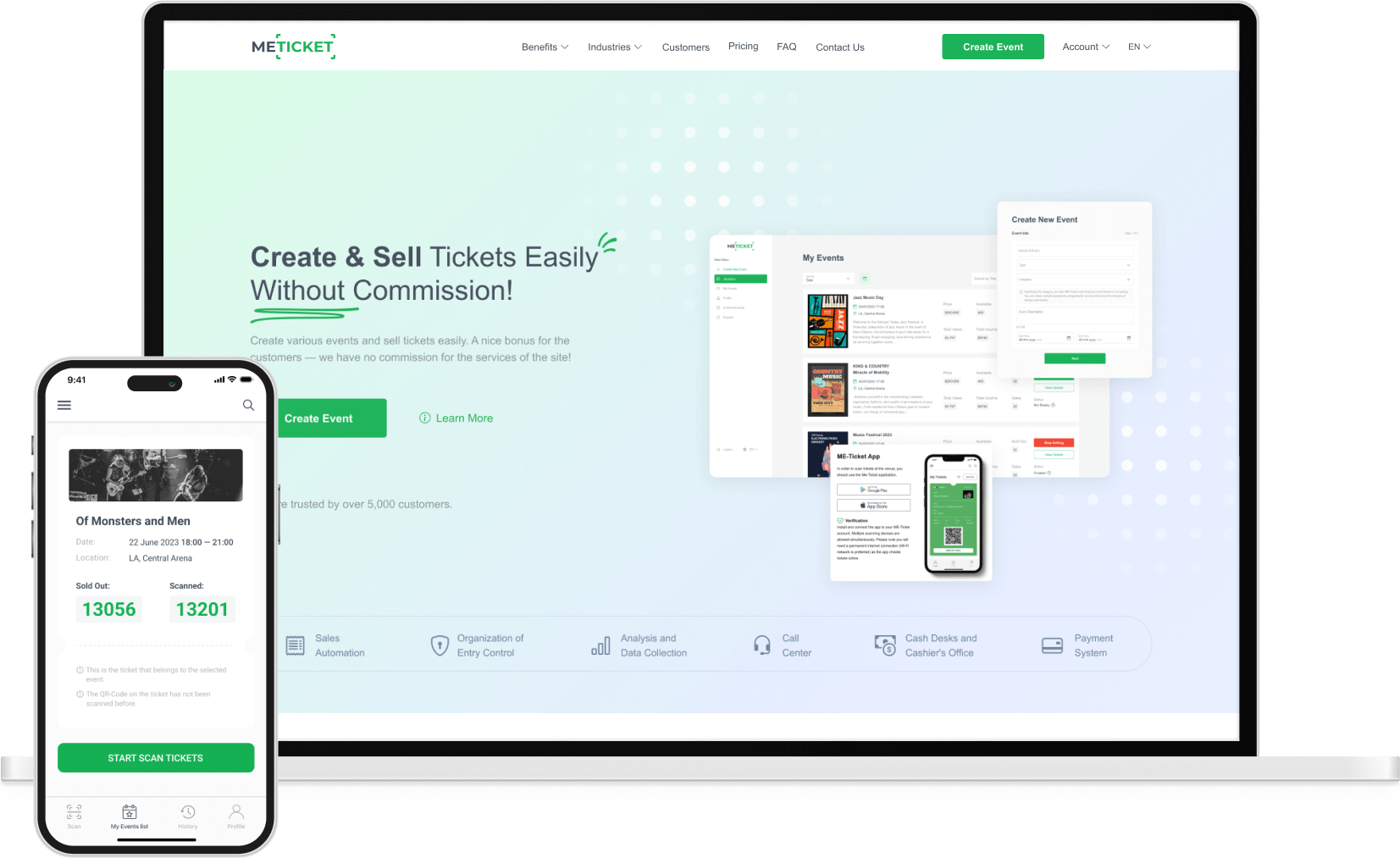Health benefits of human communication with pets
Coming home to a loyal friend is the best feeling in the world. A pet's unconditional affection may do more for you than just keep you company. Pets may also reduce stress, strengthen heart health, and even aid in the development of social and emotional abilities of children.
There are pets in an estimated 68% of American households. However, who gains from an animal? And which breed of pet is beneficial to health?

The National Institutes of Health has collaborated with the Mars Corporation's Waltham Centre for Pet Nutrition for the past ten years to support research projects.
Researchers are examining the possible advantages for the physical and mental health of several animals, including fish, guinea pigs, dogs, and cats.
Potential Health Impacts
The study of relationships between humans and animals is still in its infancy. Several studies have indicated beneficial health effects, however the findings are conflicting.
Cortisol, a hormone linked to stress, is demonstrated to be reduced in levels when people interact with animals, as is blood pressure. Animals can improve your mood, alleviate loneliness, and boost emotions of social support, according to other research.
Studies on our interactions with animals are being funded through the NIH/Mars Partnership. For instance, scientists are examining the potential impact of animals on a child's development. Children with autism, attention deficit hyperactivity disorder (ADHD), and other conditions are being studied in relation to encounters with animals.
Dr. Layla Esposito, director of the National Institutes of Health's Human-Animal Interaction Research Program, says there is no single explanation for how a pet might benefit someone with a particular problem. Is boosting your physical activity a priority for you? Then owning a dog could be advantageous for you. You must walk your dog multiple times every day, which will result in more physical activity. Sometimes, observing fish swim might help you feel calmer if your objective is to reduce stress. Because of this, no kind fits all.
The National Institutes of Health (NIH) is financing extensive surveys to learn more about the kind of pets individuals own and how their interactions affect their health.
According to Dr. James Griffin, a child development specialist at NIH, they're attempting to get into the subjective quality of the relationship with the animal, that aspect of the attachment that people experience with animals, and how that translates into health advantages.
Animals Assisting Humans
Animals may be a source of solace and support. The best ones for this are therapy dogs. They are occasionally introduced into nursing homes or hospitals to make patients feel less stressed and anxious.
Dogs are prevalent because they know how to be present and be kind when someone is hurting, said Dr. Ann Berger, a physician and researcher at the NIH Clinical Center in Bethesda, Maryland. The individual is constantly the center of their attention."
Berger assists patients with cancer and other serious conditions. She shares with them how to practice mindfulness to manage their discomfort and reduce stress.

Attention, intention, compassion, and awareness are the foundations of mindfulness, according to Berger. “All of those things are things that animals bring to the table. People kind of have to learn it. Animals do this innately.”
The safety of bringing animals inside hospitals is being researched since doing so might expose patients to more germs. According to Esposito, recent research is examining the appropriateness of bringing dogs to visit youngsters with cancer. After the visit, scientists will test the children's hands to discover if the dog had spread any harmful amounts of bacteria.
Dogs might also be additionally useful in the classroom. According to one study, dogs can aid in improving attention focus in kids with ADHD. Two groups of kids with ADHD were engaged by researchers in 12-week group treatment sessions. The first group of children spent 30 minutes each week reading to a therapy dog. The second group read aloud to dog-shaped puppets.
Children who read to live animals had improved social skills as well as an increase in sharing, collaboration, and volunteering. Additionally, they had less behavioral issues.
Another study discovered that interacting with guinea pigs in the classroom helped calm down children with autism spectrum disorder. The kids' anxiety levels decreased after ten minutes of supervised group engagement with guinea pigs. The kids were more involved with their peers and had greater social relations. According to the researchers, the animals provided the kids with unconditional acceptance, which made them a reassuring source of peace.
Griffin claims that using animals as a bridge for social relationships is quite possible. He continues by saying that scientists are working to learn more about these impacts and who they could benefit.
You could receive unexpected assistance from animals. According to a recent research, keeping fish helped diabetic teenagers better control their condition. Teens with type 1 diabetes were asked to feed and monitor the water levels for a pet fish twice daily as part of a study. Every week, the tank water needed to be changed as part of the maintenance schedule. Along with this, the kids had their parents go through their blood glucose (blood sugar) records.
The frequency with which these teenagers tested their blood sugar was monitored by researchers. Kids who kept fish were more diligent about checking their own blood glucose levels, which is important for protecting their health, compared to teens who weren't given a fish to care for.
Although having a pet may offer a variety of health advantages, not everyone may benefit from having a pet. According to recent studies, young children who are exposed to pets early on may be less likely to develop allergies or asthma. However, keeping dogs in the house might be more detrimental than beneficial for those who are allergic to particular animals.

Mutual responsibility
Pets also come with new duties. Owning a pet requires understanding how to feed and care for an animal. Studies on the consequences of interactions between people and animals are funded by NIH and Mars.
Do not forget that stress and exhaustion may also affect animals. Kids should learn how to spot indications of worry in their pet and when to avoid approaching. Bites from animals may be quite harmful.
Dog bite prevention is undoubtedly a concern for parents, particularly of young children who may not always understand the limits of what is suitable when interacting with a dog, according to Esposito.
The numerous positive health consequences of owning a pet are still being investigated by researchers. Esposito explains, "We’re trying to find out what’s working, what’s not working, and what’s safe—for both the humans and the animals."































